Pioneering Independence in Drone Production
In a world where technological advancement often dictates the outcome of conflicts, Ukraine is carving a path toward self-reliance in military technology. The Ukrainian drone manufacturer Wild Hornets has recently made headlines with its innovative approach to producing drone flight controllers, a crucial component in unmanned aerial vehicles (UAVs). This development is not just a step forward for Ukraine’s military capabilities but a strategic maneuver to break free from dependency on foreign suppliers, notably China, according to Forbes.
Breaking the Supply Chain Shackles
The heart of any drone is its flight controller, a sophisticated piece of technology that functions as the drone’s brain, allowing it to navigate and complete tasks with precision. Traditionally, such components have been sourced from abroad, with China being a major supplier. However, the geopolitical landscape and restrictions on exports have led to significant challenges for Ukrainian drone makers, including inflated prices and supply bottlenecks.

Wild Hornets’ recent showcase of an automated assembly line producing flight controller modules marks a monumental shift. By localizing production, Ukraine not only sidesteps the hurdles posed by international supply chains but also gains the advantage of rapidly adapting technology to meet the evolving demands of warfare. The move towards self-sufficiency is a testament to Ukraine’s ingenuity and resilience, ensuring that its military is equipped with drones that are not only cost-effective but also tailored for the specific challenges they face on the front lines.
Drones for Defense: From FPV Kamikazes to Night Vision Quadcopters
Wild Hornets specializes in producing a variety of drones, including FPV (First Person View) kamikazes and reusable bombers, designed for different tactical applications. The incorporation of a homegrown flight controller into these drones is a game-changer, enhancing their performance and reliability. The ability to produce critical components in-house not only reduces costs but also accelerates the feedback loop between the battlefield and the manufacturing process. This close collaboration ensures that drones are continuously improved based on real-world experience, a process that significantly outpaces traditional military development cycles.

A Democratic Approach to Drone Warfare
Ukraine’s strategy extends beyond the manufacturing floor. The government’s “People’s FPV” program is democratizing drone production, offering online courses that empower citizens to assemble drones at home. This grassroots approach not only multiplies the number of drones available for the military but also engages the public in the defense effort, making it a national cause.
The Future of Warfare: A Million Drones
President Zelensky’s ambitious goal of producing a million drones by 2024 underlines the strategic importance of UAVs in modern warfare. Drones, especially small, locally-built ones like those produced by Wild Hornets, offer a cost-effective yet potent tool against adversaries. The ability to mass-produce drones capable of performing reconnaissance, targeting, and attack missions could redefine the dynamics of military engagement, providing Ukraine with a significant advantage over its adversaries.

A Step Towards Technological Sovereignty
Wild Hornets’ breakthrough in manufacturing drone flight controllers is more than just an advancement in military technology; it is a declaration of Ukraine’s commitment to technological sovereignty and innovation. By taking control of its military hardware production, Ukraine is not only addressing immediate tactical needs but also laying the groundwork for a future where it can respond more dynamically and independently to threats. This development could very well set a precedent for other nations, illustrating that in the age of asymmetric warfare, innovation, and self-reliance are key to national security and defense.


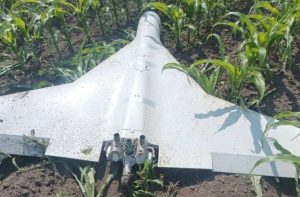


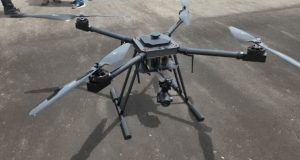

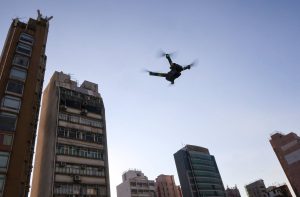

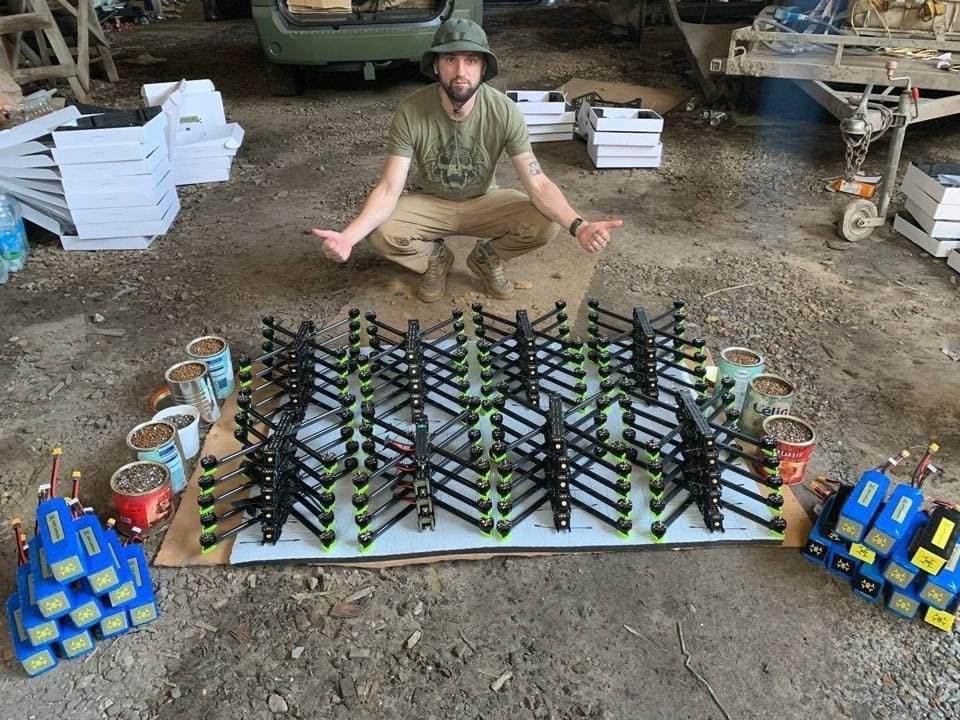



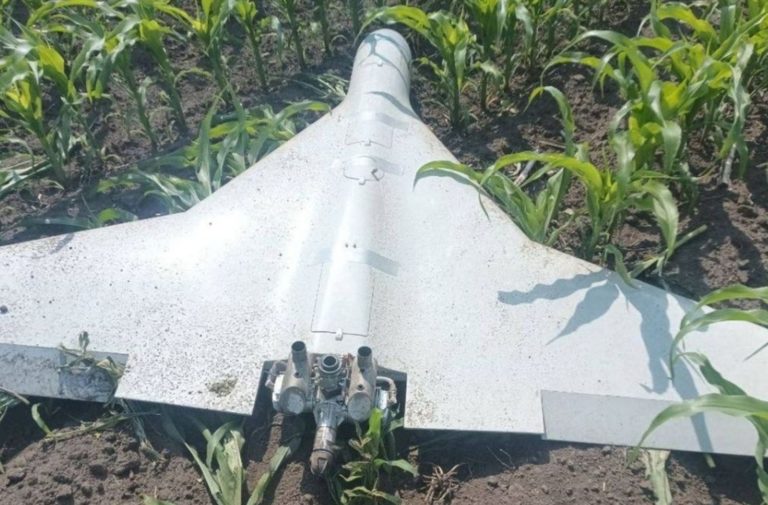
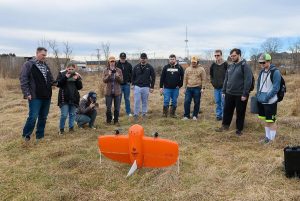

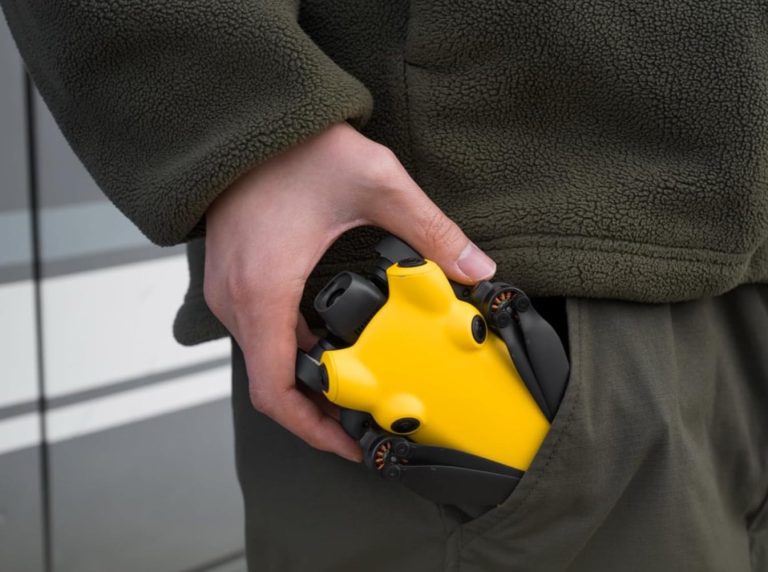
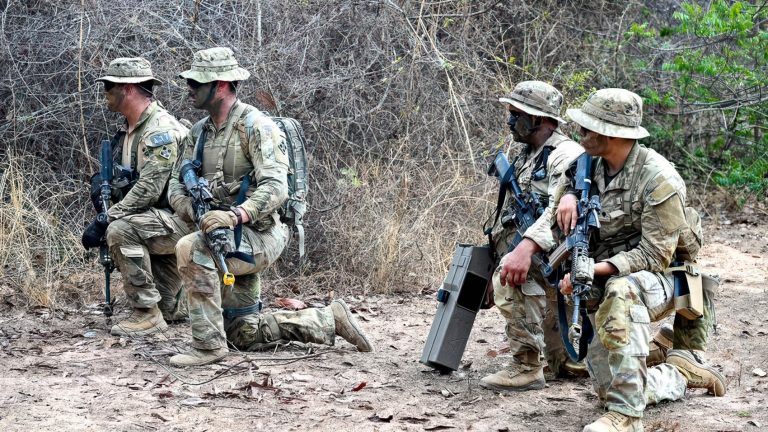
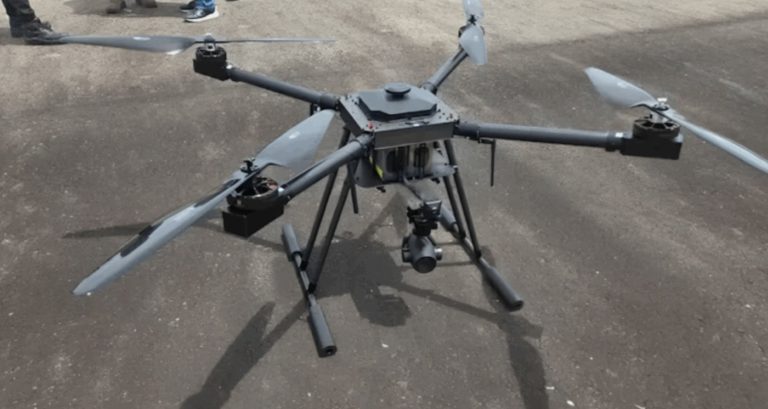
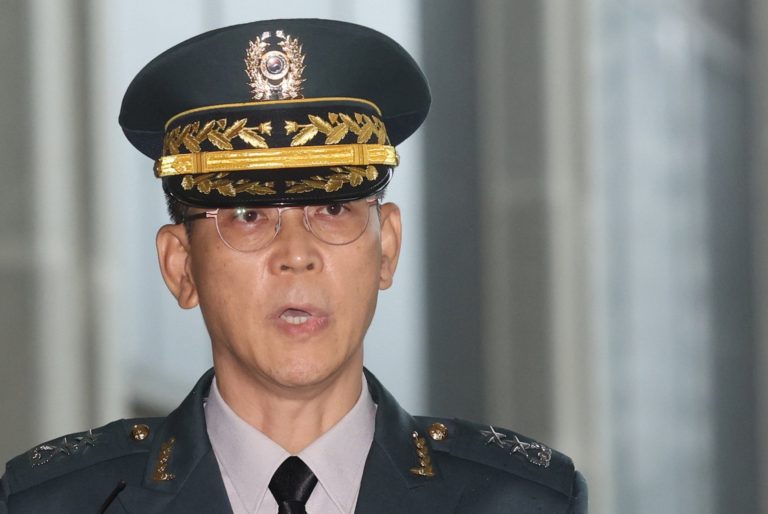
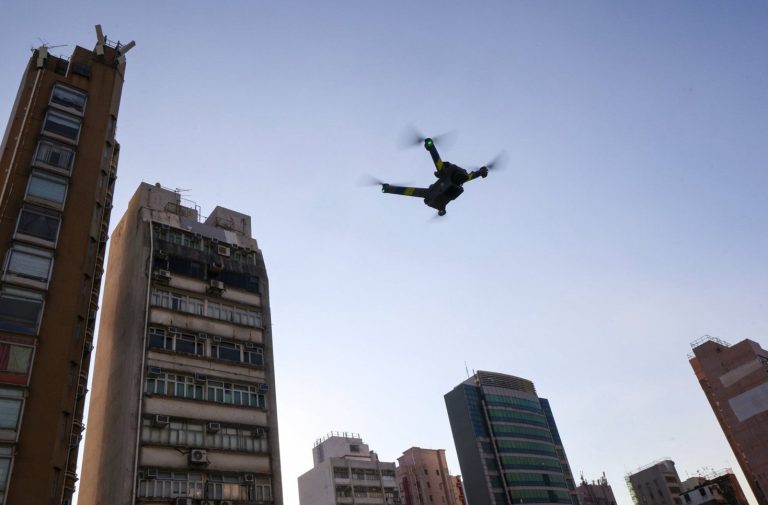
+ There are no comments
Add yours